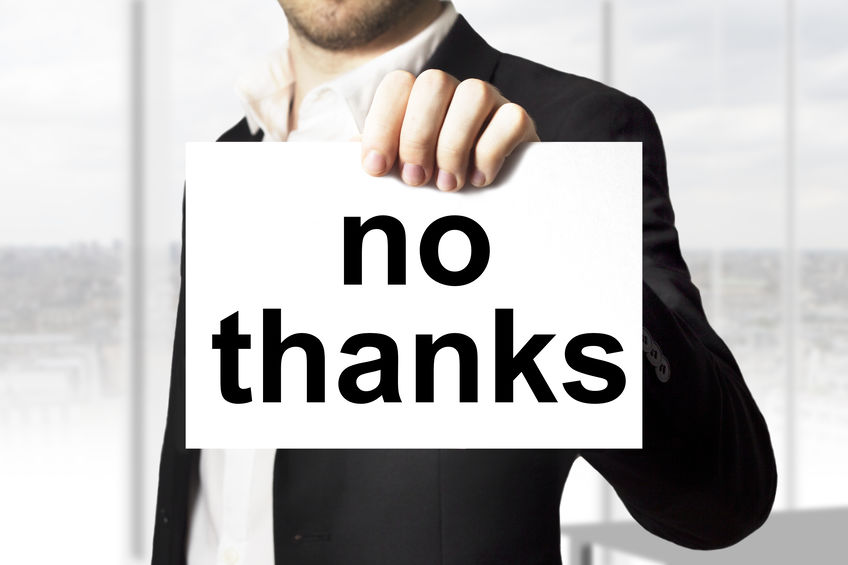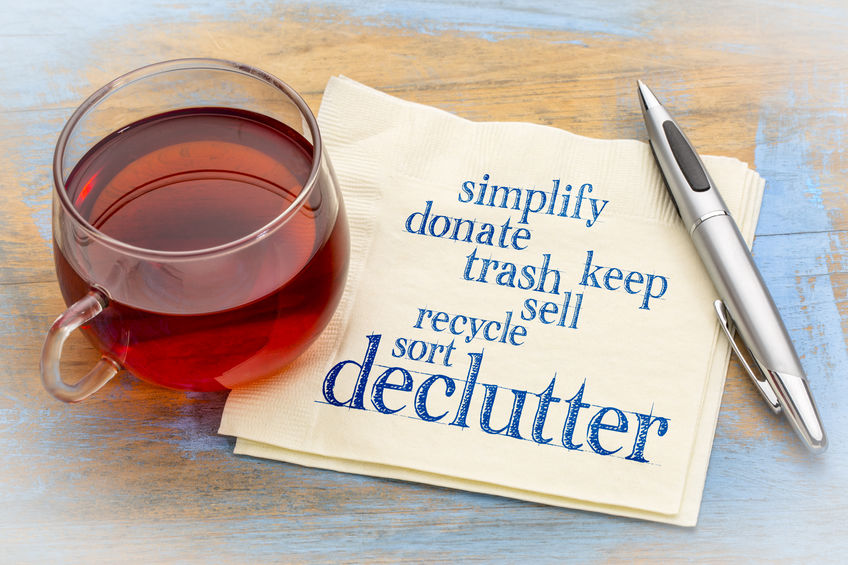It’s a given: all of us want to be more productive, get more things done and save time. And it would be safe to say that most of us have used a plethora of time-management tools; calendars, to-do lists, software apps and many more have become an integral part of our lives. And yet, most of us feel that we never have enough time to work on our goals, be with our families, get adequate exercise, sleep enough or learn a new skill.
Added to this is that time and again we look at people who seem to have got “things under control,” who seem to be doing it “all” and we wonder, how do they manage? How did they find or make time to do the things they are doing?
Here are three habits they use that we can all adopt to get the most out of our time:
Use the Fourth Magic Word – It’s the Key to being Ultra-Productive! 
When I was growing up, I was taught that there were three magic words we should use often in our communication — words that would open doors to success and positive relationships. These were “thank you,” “sorry” and “please.” And they were quite magical to a large extent. However, with time I discovered the fourth magic word: “no.”
“Don’t put off until tomorrow what you can say ‘No’ to today.”–Said by someone very productive!
Have you ever been in a situation when you wanted to say no to someone or something, but still ended up answering in the affirmative — and really regretted it later? We’ve all been there, done that. “No” has been a forbidden word in the social dictionary for a long time; people are worried that it will damage their relationships or make them look rude or selfish. However, it is important to remember that each time we say yes, we are giving away a little bit (or more) of ourselves and our time.
Remember this: no number of to-do lists will help you accomplish tasks if you chronically find that one request from a colleague or friend makes you put that list aside and take up another activity. So, in order to become ultra-productive, start using the word “no” more often. A lot has been said about why and how to say no. To make it easy, here are three tips to pump iron into your No-Muscle:
First of all, don’t feel guilty about saying “no.” It is your life, and your time. So give a brief reason, not a long explanation. To do this, use the “sandwich principle”:
- Acknowledge the request
- Say “No.”
- Offer another solution or encourage if appropriate
For example, let’s say a friend has approached me to go to an event with him, and I really can’t make it. I would say, “Hey, thanks so much for inviting me. It does seem to be an interesting event. Unfortunately, I can’t make it as I already have other commitments. I hope you have a great time, and enjoy the evening!”
The bottom line: say no more often. Just like anything, the more you practice you have at it, the better you get.
Done is Better than Perfect
“Laugh at perfection. It’s boring and keeps you from being done.”– Rule #8 of the “Done Manifesto” that provides guidelines for getting things accomplished
I completely realize that the perfectionists of the business world, upon reading the quote above, are judging me with all their might and asking, “Are you serious?” So, let me be clear about what I mean. I am not saying that we should put crappy and careless work out there in the universe.
What the quote, the Done Manifesto, and I really mean is that rather than waiting forever to roll with an idea, rather than spending endless hours going back and forth looking for that one “tweak” to improve something, believe in your work and run with it. People and organizations can save so much collective time and energy by not waiting for an “ideal” state, and instead moving forward with “great” and “functional.”
De-clutter Your Home, Office, Mind and Life
When I read the book title The Life Changing Magic of Tidying Up by Marie Kondo, I smiled to myself. Was it really possible to change my entire life by decluttering it? It turns out, it is.
Why? Because de-cluttering our desks, office spaces, homes and lives can make our daily routines much more organized and save an enormous amount of time. We spend fewer minutes on making decisions (like what to wear to work); on searching and looking for objects (where did I leave my keys?); and on doing things we don’t want to do (like going through unnecessary emails or meetings). In return for all these saved hours, what you get is increased time for yourself (obviously), but also increased focus and increased productivity.
If you want to get started, there are a number of approaches to how you can take up a daunting de-cluttering project. Some suggest cleaning and changing one space and one corner piecemeal — whereas in the aforementioned book, the author suggests taking up one category (like papers, clothes etc.) at a time. Adopt the one that suits you the most. Whatever it is, make decluttering and organizing your way of life, and you will 100% see a positive change.
Most importantly, make all these habits a part of your everyday schedule. As John C. Maxwell said:
“You will never change your life until you change something you do daily. The secret of your success is found in your daily routine.”
I wrote this article originally for a publication called for Sharp Heels. Please find the post here.


